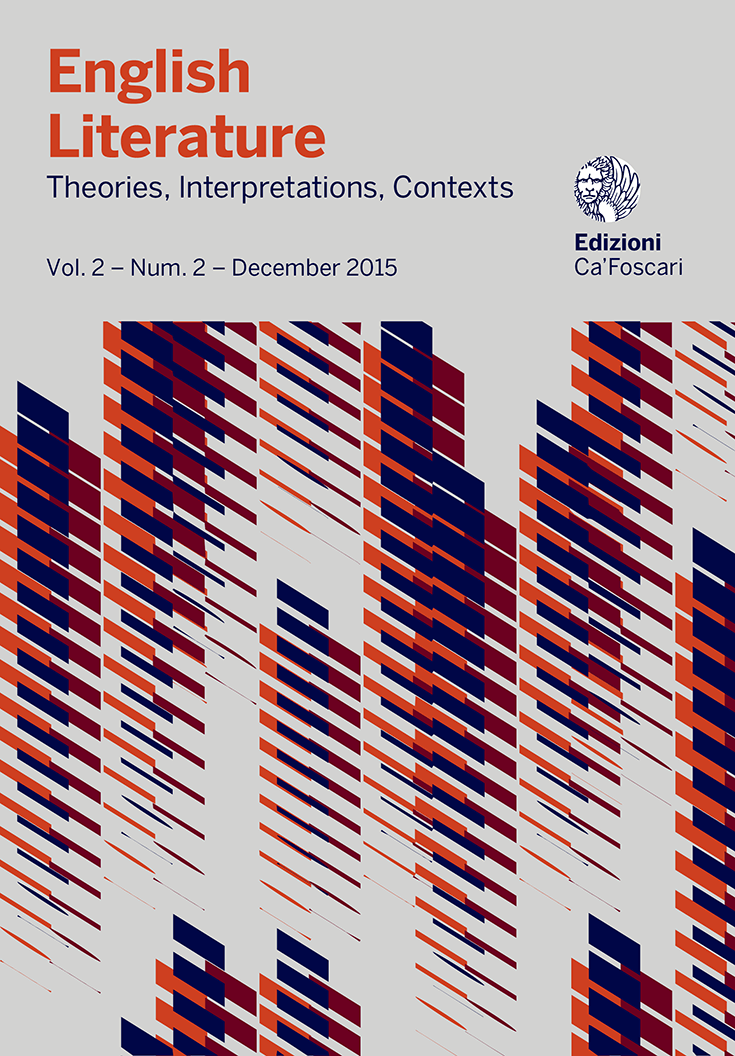
- search 235 views
- file_download 17 download
- keyboard_capslock metadata
-
mark_email_readIscriviti alla newsletter
Hopkins’s Poetic Porcupines and the Aesthetic of Taste
abstract
Using Friedrich Schlegel’s conceptualisation of the fragment as something beautiful in its own isolated and incomplete yet integral form, «Poetic Porcupines and the Aesthetic of Taste» examines the unfished Hopkins poem as something finished and bearing its own attendant beauty. A prevailing fragmentary impulse is evident in Hopkins’s poetry as well as in his prose texts. Even his life might be characterized as fragment, defined by incompleteness, injury, waste, wreck, and ruin. The Hopkins unfinished poem should be read in light of seminal aesthetic notions of perfection in which aesthetic closure satisfies even as it preserves continuance. Kant’s concept of the end and of perfection also comments informatively on Hopkins’s poetic oeuvre as well as on his personal and priestly life. Hopkins’s fragments are poetic porcupines, miniature works of art severed and isolated from the larger whole, but entirely self-contained and unfinished in their completion.
Keywords: Closure • Taste • Fragment • Gerard Manley Hopkins



